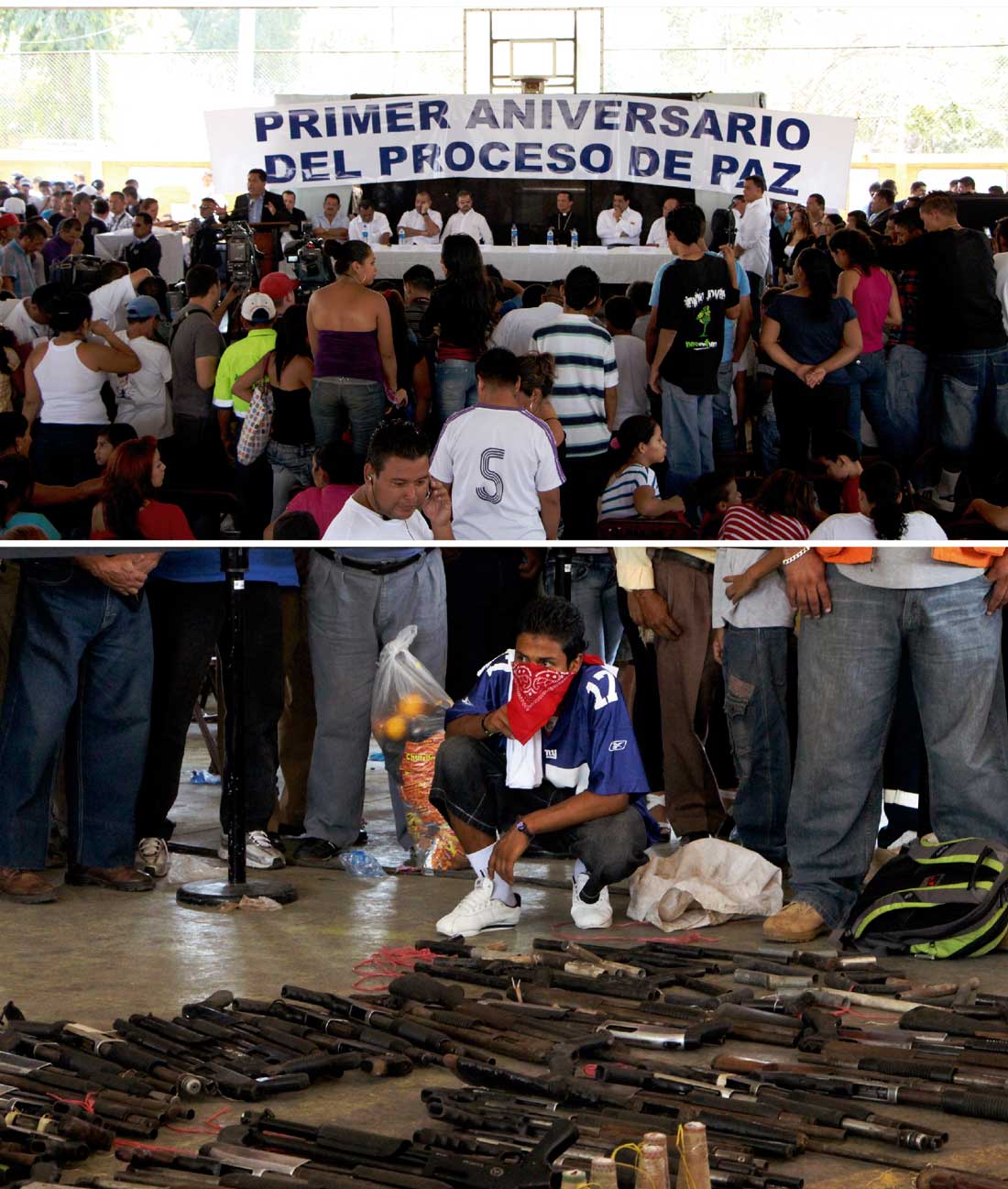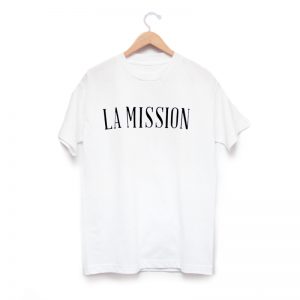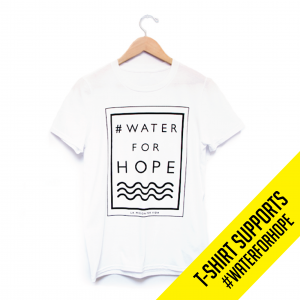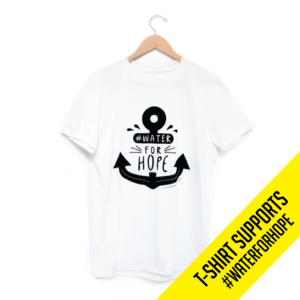Being considered by various sources as one of the most violent countries in the world due to the presence of powerful gangs which began terrorizing society around 23 years ago, El Salvador is a violence and poverty–stricken country[1]. Its political unrest, which intensified during the Civil War that lasted over a decade (1980-1992), and its history of economic hardship and of family disintegration, are all important factors contributing to the proliferation and consolidation of two powerful Gangs, one known as the “Mara Salvatrucha” Gang (MS-13) and Barrio 18 (18th Street Gang.)
It was not until March 2012 when a truce was agreed upon between members of these Gangs, which according to official accounts, it came about as a result of talks between its imprisoned leaders, facilitated by Monsignor Fabio Colindres, the head Chaplain of the Salvadoran military and police, and by Raúl Mijango, a former mid-level FMLN commander. After one year with the truce the homicide rate dropped quickly, going from 15 murders a day to about five, the youths’ forced recruitment stopped as well as violence near schools.
LMPV, through its “Agua Para La Paz” Project, seized the opportunity to contribute to uphold and consolidate this truce by supporting the physical and spiritual health of imprisoned Salvadoran gang members, general population, prisons’ security, administration personnel and in communities with a standing truce, by bringing clean, drinking water to the country’s 19 Prisons and 4 rehabilitation centers together with Bibles and motivational books, sharing God’s word with the prisoners and their families, inviting them to have a personal relationship with Jesus Christ.
To date, there has been a serious lack of current government investment in violence prevention, with only about three percent of public security spending going to prevention programs, according to a forthcoming public expenditure report cited by Alys Willman of the World Bank during the March WOLA/CLALS event. Most violence prevention programs in El Salvador are financed by the international donor community, and there is a serious need for better coordination between the Salvadoran government, donors and local communities in the implementation of these programs[2].
GOD is LOVE!

[1] National Geographic Explorer. World’s most dangerous gang. 2012 [cited 2015 Jan 5 ]Web video Available
[2] WOLA Oficina en Washington para asuntos Lationamericanos. One year into the gang truce in El Salvador. 20123 Abr 26. [cited 2015 Jan 8 ].




